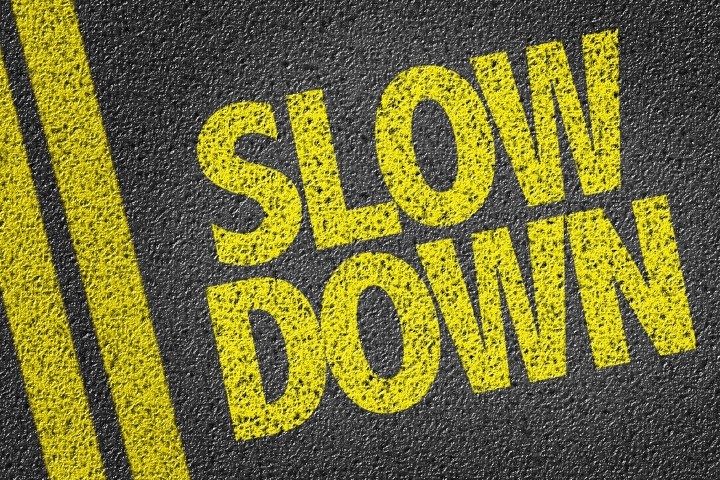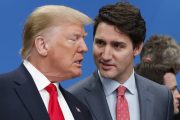
The International Energy Agency (IEA) has issued a new emergency plan on how nations might use less oil amid the supply shortage caused by the war in Ukraine. Their new 10-Point Plan to Cut Oil Use looks to lower the demand for oil by 2.7 million barrels per day within four months. The United States is among the IEA’s 31 member countries.
“As a result of Russia’s appalling aggression against Ukraine, the world may well be facing its biggest oil supply shock in decades, with huge implications for our economies and societies,” said IEA Executive Director Fatih Birol.
The new 10-Point Plan comes on the heels of their 2021 report that offered certain “behavioral changes” the world should embrace in order to help reduce carbon emissions to net zero by 2050.
“COVID 2.0 has arrived?! The 2022 International Energy Agency’s (IEA) report sounds an awful lot like an energy version of COVID lockdowns,” said Climate Depot’s Marc Morano.
The lockdowns that resulted from the Covid-19 pandemic were hailed by the climate-hysteric community as just the type of action that was needed for the fight against global warming. Now, the IEA is offering some ideas on what countries can do in order to cut the need for oil, especially with the summer oil season coming on quickly. Some of those new ideas, as Morano points out, have a look eerily similar to Covid-19 lockdown measures.
“If fully carried out in advanced economies, the measures recommended by the IEA’s new 10-Point Plan to Cut Oil Use would lower oil demand by 2.7 million barrels a day within four months — equivalent to the oil demand of all the cars in China,” a press release for the new 10-Point Plan states. “This would significantly reduce potential strains at a time when a large amount of Russian supplies may no longer reach the market and the peak demand season of July and August is approaching.”
Among the 10-Point Plan’s recommendations is for jurisdictions to lower speed limits by at least 10 kilometers per hour (a little over 6 miles per hour). According to the IEA, dropping the speed limit, as much of America did in the 1970s during another energy crunch, could save approximately 290,000 barrels of oil per day.
The IEA further calls for employees to work from home at least three times per week, similar to work-at-home measures during the pandemic. They estimate that approximately 500,000 barrels per day could be saved by doing this.
“Car free Sundays” implemented in large cities could save around 380,000 barrels per day if done each week. If adopted one Sunday per month, the IEA estimates it could still save 95,000 barrels per day.
In addition, the IEA calls for alternate use days for private vehicles — perhaps done by an odd/even license-plate system in which cars with odd-numbered plates can be used one day and even-numbered plates the next day. If this measure were adopted two times per week, it’s estimated that could reduce oil demand by 210,000 barrels per day.
In addition, the plan calls for increasing car sharing, making more efficient use of delivery trucks, taking trains instead of planes when possible, and avoiding business travel when alternatives exist. (Someone might want to get those last two suggestions to climate envoy John Kerry.)
It’s not just about Russian oil and the war in Ukraine, according to Barbara Pompili, the Minister for the Ecological Transition of France. It’s also about “energy sovereignty” and, of course, climate change.
“France and all European countries must get out of their dependence on fossil fuels, in particular on Russian fossil fuels as soon as possible,” Minister Pompili said. “It is an absolute necessity, for the climate but also for our energy sovereignty. The plan proposed today by the IEA offers some interesting ideas, some of which are in line with our own ideas to reduce our dependence on oil.”
Thank goodness the IEA has no enforcement power — but they do have the ear of the United Nations and many nations who do have such power. Most of their 10-point suggestions will require not only massive changes in consumer and corporate behavior, but also the specter of government actions to bring these changes about.
In other words, less freedom.




